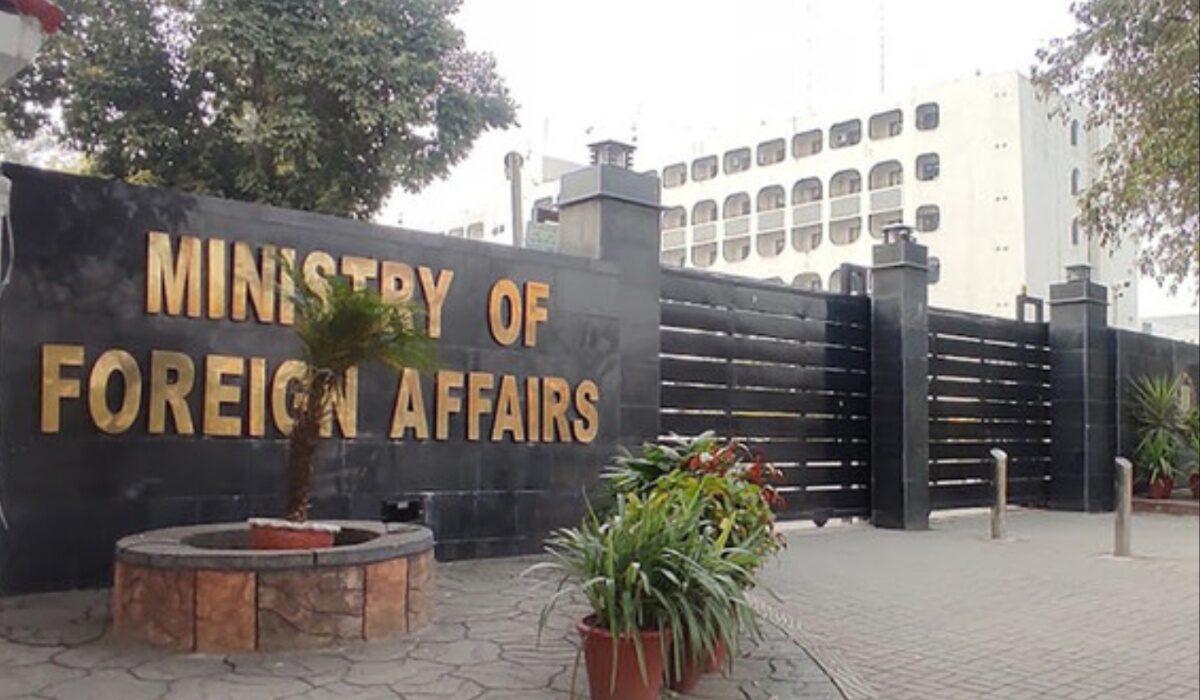Kenyan authorities denied access to evidence in Arshad Sharif case: SC told
The JIT head has informed the top court that they could not find anything during the visit to Kenya except a meeting with public prosecutor.


Islamabad: The Joint Investigation Team (JIT) constituted to investigate the murder of senior journalist Arshad Sharif on Monday informed the Supreme Court that Kenyan authorities denied access to the potential evidence during their visit to the East African country.
A SC five-member bench led by Chief Justice of Pakistan Umar Ata Bandial and comprising Justice Ijazul Ehsan, Justice Muneeb Akhtar, Justice Jamal Khan Mandokhail and Justice Muhammad Ali Mazhar, heard the suo motu notice.
Arshad Sharif was shot dead last year in October by the Kenyan police in what they said “a mistaken identity case” when he was on his way to Nairobi from Magadi Town in Kenya. The Kenyan police had said that they opened fire after the vehicle violated a blockade.
The top court took notice of the brutal murder of the journalist and ordered an inquiry into the matter.
As hearing commenced, JIT head Awais Ahmed turned up before the apex court and submitted the second progress report on the probe into the killing of the senior journalist. Justice Naqvi asked him if the JIF found something in the case during Kenya visit to which he replied, “the team could not find anything as the Kenyan authorities denied them access to the potential evidence,”.
Justice Naqvi observed that discussion about the evidence would be made during the trial but now the court just wanted to know what they had collected from Kenya.
The JIT head also told the court the mobile phone and ipad of Mr Sharif were in the custody of Kenay’s IT department, submitting that other belongings had been received.
A federal law officer, who was present there in the curt, submitted that the people who had registered cases against Mr Sharif were also being interrogated. He said that it would be premature to name someone as perpetrator in it.
At this, Justice Naqvi snubbed the additional attorney general, observing what he had told was first part of the investigation and it was still incomplete.
“Don’t play with court,” Justice Naqvi remarked.
CJP Umar Ata Bandial observed that the investigation in Pakistan was marred by multiple mistakes, expressing concerns over leaking of the fact-finding report in the case.
The CJP directed the JIT to find out the person who leaked the unverified report.
When Justice Muhammad Ali Mazhar asked if statements of two suspects Khurram and Waqar – the two Pakistanis who had hosted Arshad Sharif in Kenya – had been recorded, the additional attorney general replied that the Kenyan authorities only arranged a meeting with the director public prosecutor.
He also submitted that Kenyan officials had assured full cooperation in the investigation but did not allow the JIT members to visit the crime scene.
He said that the diplomatic pressure was also being put on Kenya.
At this, Justice Ahsan observed that the platform of the United Nations could be used to push Kenya for cooperation in the investigation. On it, a law officer observed that Kenya was a friendly state and “they don’t want to take a step that could damage the bilateral relations”.
CJP Bandial observed that Kenya was an independent state and a respectful way should be adopted to deal with the foreign country.
The court sought a progress report from the JIT in two weeks and put off further hearing for one month.
Ramazan moon sighted in Saudi Arabia, UAE; first fast tomorrow
- 16 minutes ago

France’s extremely talented and extremely controversial ice dancers, explained
- 14 hours ago

US and Iran begin nuclear talks in Geneva as threat of war looms, Khamenei warns Trump
- 5 hours ago
Usman Tariq confident Pakistan can bounce back after India drubbing in T20 World Cup
- 5 hours ago
Karachi AC survives petrol bomb assault in Lea Market
- 10 minutes ago

UNESCO awards Pakistan’s first ever peace education chair to Prof. Dr. Hussain Mohi-ud-Din Qadri
- 5 hours ago
Australia, Ireland out of T20 World Cup as Zimbabwe qualify after washout
- 3 hours ago

Pakistan, Bangladesh vow to work for regional peace, stability
- 2 minutes ago

Gold prices decline in Pakistan, global markets
- 7 hours ago

FMs condemn Israeli decision to designate lands in Occupied West Bank as so-called ‘state land’
- 6 hours ago
11 security officials martyred, 12 terrorists neutralised in Bajaur assault: ISPR
- 7 hours ago
Tarique Rahman sworn in as Bangladesh’s PM after landslide election victory
- 4 hours ago









